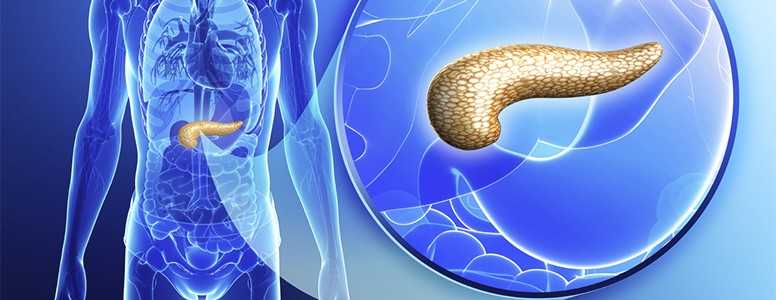Insulin production still occurs in about half of people with type 1 diabetes that have been living with the condition for 10 years or more, Swedish researchers have found.
A team from the Uppsala University in Sweden studied 113 people who had been living with type 1 diabetes for more than a decade.
They tested the participants using an ultra-sensitive method of identifying C-peptide in the blood. C-peptide is a protein released with insulin but not found in the insulin that people with type 1 diabetes get on prescription. Therefore, if C-peptide is found in the blood, it shows that insulin is being produced by the pancreas.
The results showed that nearly 50 per cent of those participants still produced insulin and that those that were producing insulin had higher levels of a protein called interleukin-35 (IL-35).
The researchers state that IL-35 has been shown to help block the differentiation of a type of immune cell known as T-helper 17 cells. In doing this, IL-35 may help to dampen the immune attack on the beta cells of the pancreas which produce insulin.
The researchers noted that they do not know is whether those levels were already higher prior to their diabetes diagnosis, or whether the level of IL-35 increased over the years.
Previous research, conducted by the same team, had discovered that levels of IL-35 were lower in people who had been newly diagnosed with type 1 diabetes when compared to healthy individuals.
The earlier study suggested that it is possible to prevent the development of diabetes, or even reverse it, by carrying out treatment involving IL-35 in animals. They believe that IL-35 could hold the key to possible future treatments for diabetes.
The findings from the most recent trial has been published online, ahead of print, by the Diabetes Care journal.
What's new on the forum? ⭐️
Get our free newsletters
Stay up to date with the latest news, research and breakthroughs.






